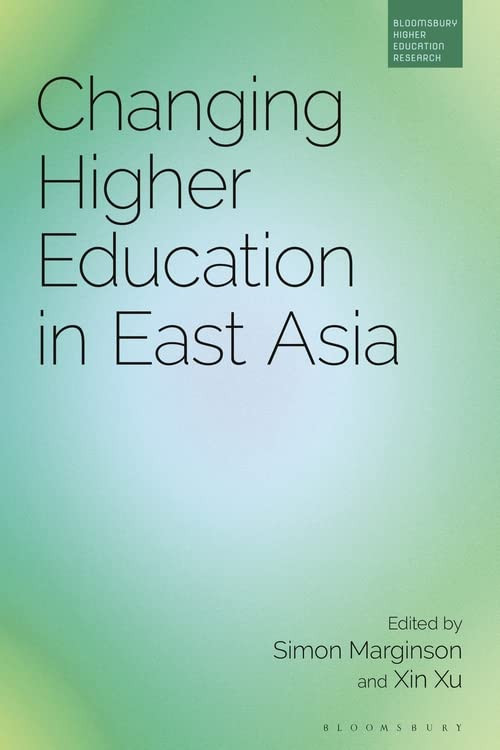

Most ebook files are in PDF format, so you can easily read them using various software such as Foxit Reader or directly on the Google Chrome browser.
Some ebook files are released by publishers in other formats such as .awz, .mobi, .epub, .fb2, etc. You may need to install specific software to read these formats on mobile/PC, such as Calibre.
Please read the tutorial at this link: https://ebookbell.com/faq
We offer FREE conversion to the popular formats you request; however, this may take some time. Therefore, right after payment, please email us, and we will try to provide the service as quickly as possible.
For some exceptional file formats or broken links (if any), please refrain from opening any disputes. Instead, email us first, and we will try to assist within a maximum of 6 hours.
EbookBell Team

4.3
88 reviewsEast Asia is a most dynamic region and its fast developing higher education and research systems are gathering great momentum. East Asian higher education has common cultural roots in Chinese civilization, and in indigenous traditions, each country has been shaped in different ways by Western intervention, and all are building global strategies. Shared educational agendas combine with long political tensions and rising national identities. Hope and fear touch each other. What are the prospects for regional harmony-in-diversity? How do internationalization and indigenization interplay in higher education in this remarkable region, where so much of the future of humanity will be decided?
Experts from Australia, China mainland, Hong Kong SAR, Japan, South Korea, Taiwan, the UK and Vietnam probe these dynamics, with original perspectives, robust evidence and brilliant writing. Changing Higher Education in East Asia deepens our understanding of internationalization and globalization agendas such as world-class universities and international students. It takes readers further, exploring the role of higher education in furthering the global public and common good, world citizenship education, the internationalization of the humanities and social sciences, geopolitics and higher education development, cross-border academic mobility, the effects of the Covid-19 pandemic on regional student mobility, and future regionalization in East Asia.